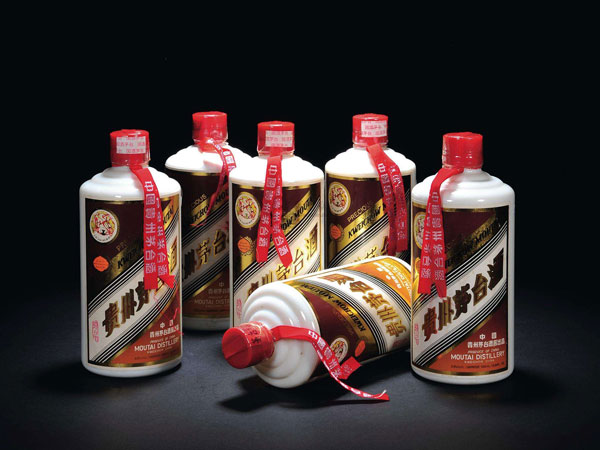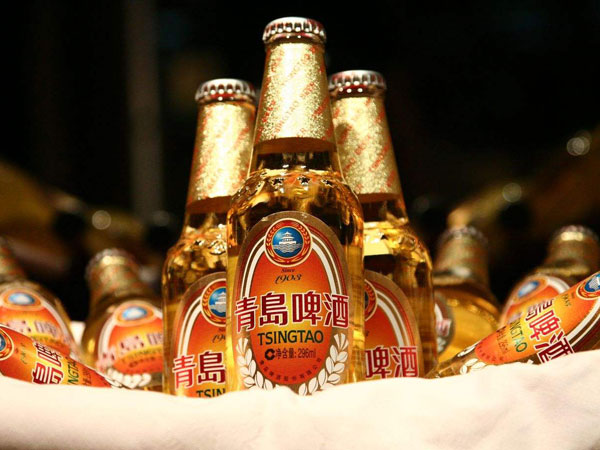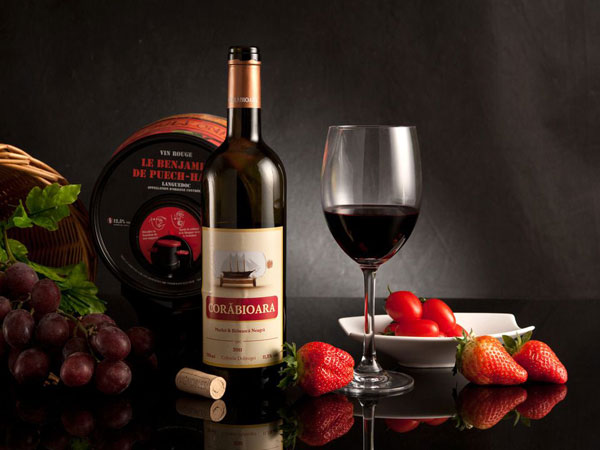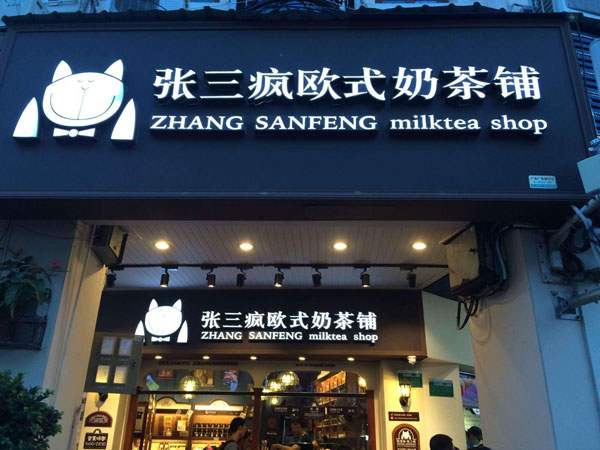Chinese people have a lot different kind of drinks to suit themselves according to their moods and different occasions. We have Chinese spirits which is literally translated in Chinese as Baijiu means white spirits. It mainly made from grains after fermentation. We have pijiu (pronounced pee-jo) which is Chinese for beer – and in China there are many varieties and brands. Qingdao are a very well-known brand you could look out for and of course there are plenty of non-alcoholic beverages and drinks too. These include many types of ‘milk teas’ and many kinds of fruits drinks as well.
Baijiu, made from grains,is used for toasting customs, formal banquets, business lunches and dinners, while rice wine is mainly used for cooking.
What is Baijiu?

There are many types of Baijiu which are normally classified by their taste and aroma group. At the highly aromatic end of the scale, there are “sauce fragrances” which includes very strong smelling Baijius such as Moutai (Moutai is China’s best-known quality brand), and then down to the “lightly fragranced” group that includes more neutrally flavoured brands such as fen jo and lu zhou lao jiao.
History and “Provenance”
The drinking and production of Baijiu dates back thousands of years, according to some historical evidence. It is said that its’ provincial home is Sichuan, in China’s south-west, and this is where around 25% of all China’s Baijiu is produced, and this is also the location of the top-tier brands. Most brands will claim hundreds of years of history and of course will usually promote this heavily in their marketing campaigns.
Naturally there are many other production centres of Baijiu in China. Shandong province in the north-east is the second biggest producer with around 10% of China’s output. Strangely enough in spite of being the best-known quality brand, Moutai actually produced in Guizhou province, which is next to Sichuan.
Beer

There has been a popular growth in ‘Craft Beer’ in China – what might be called ‘real ale’ in England for instance. The origins of craft beer in China started in small private ways with local villages creating their own styles of local beers and eventually small independent breweries sprang up in the large metropolitan areas such as Beijing, Shanghai and Guangzhou. These craft beers were originally more interesting to foreign and ‘expat’ drinkers, but now local consumer interest in premium brands and local and imported craft beers is currently on the rise. As with any other country government regulations are always obstacle to be overcome for new breweries or those wishing to expand any local ‘craft’ beer business.
Chinese Red Wine

Milk Tea

Coffee
In China it is not difficult to find any coffee bars yet it is difficult to find a good one with real coffee bean imported from those local countries like Brazil, Columbia or Mexico.Usually, those coffee shops near tourist sites or shopping centers would be more countable as the quality of coffee they producing would be more familiar to west tastes. Above all many cities have now have those famous international chains such as Starbucks, McDonalds’ and KFC. It wouldn’t be difficult for one to find any of them in those most crowded retail / shopping and business center streets for you to get a more familiar western style drink. And not surprisingly, those places are quite popular with those young ‘townies’ and city dwellers who have seem to have enough income to frequent such relatively expensive places.
And in the end, a friendly note for you is that tap water in China is not recommended to drink as it might give you a bad stomachache for all the local bacterial contained in it. And you will find getting some mineral bottle waters is always quite handy along the street or downside your hotel buildings.
